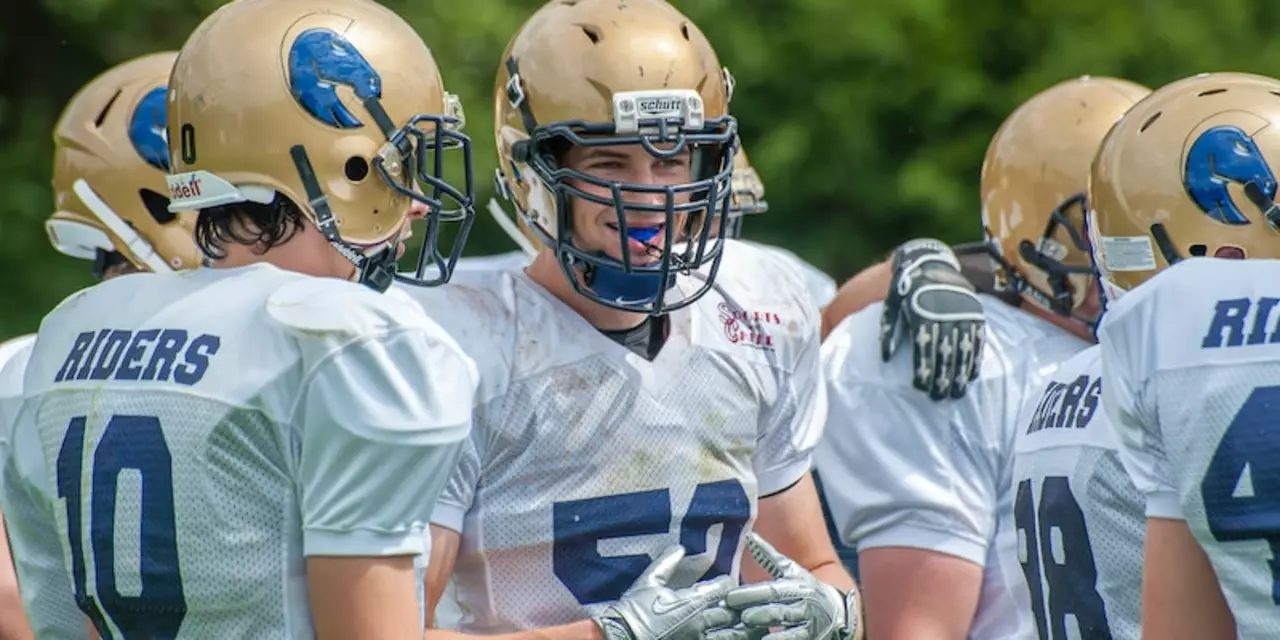High School Sports and Activities
When you think about High School, the secondary education stage where students balance classes with extracurricular competition, you’re looking at a hub for developing future athletes. This environment also supports football, the most popular team sport in many U.S. schools, from varsity programs to intramural leagues and swimming, a low‑impact skill that builds endurance and confidence in the pool. Beyond the field, athletics, the broader category that includes track, basketball, wrestling and club‑based competitions create a playground for leadership, teamwork and personal growth. In short, high school sports encompass a mix of individual and team experiences that prepare kids for college, careers, and lifelong fitness.
One clear semantic link is that high school encompasses football, swimming, and athletics; another is that these sports require regular practice, coaching guidance and school support. A third connection shows that coaching influences player development, while practice schedules shape performance outcomes. For example, many football programs mirror the NFL’s three‑to‑four‑day weekly practice model, a habit that builds discipline without burning out athletes. Meanwhile, swimmer’s routines often involve early morning pool sessions that teach time management and resilience. The role of the sporting director, a concept borrowed from professional clubs, is emerging in some high schools as an administrative layer that aligns budgets, facilities and talent pipelines. This shift mirrors the rise of back‑room architects in professional football, showing how high school sport management is evolving to be more strategic.
Below you’ll find a curated mix of articles that dive into these themes: a breakdown of how varsity football programs operate, a look at swimming goggles and why tints matter, a profile of the sporting director’s growing influence, and even a quirky debate on the easiest sport to win a world title. Each piece reflects a different facet of the high school sports ecosystem, giving you practical tips, historical context and a few surprising facts to chew on. As you scroll, keep an eye on how practice habits, coaching decisions and school resources intersect—those are the real drivers behind the wins, the records and the stories that keep high school athletics alive.
Should I play a sport in high school even if I might not like it?
Playing a sport in high school can be a great way to stay active, make friends and learn important teamwork skills. However, if you don’t particularly enjoy the sport, it can be hard to stay motivated. It is important to consider the different benefits of playing a sport before deciding whether or not to play. It is ok to take some time away from the sport and reevaluate your feelings towards it, or to try a different sport to find one that is more enjoyable. Ultimately, it is up to the individual to decide if they should play a sport in high school.
